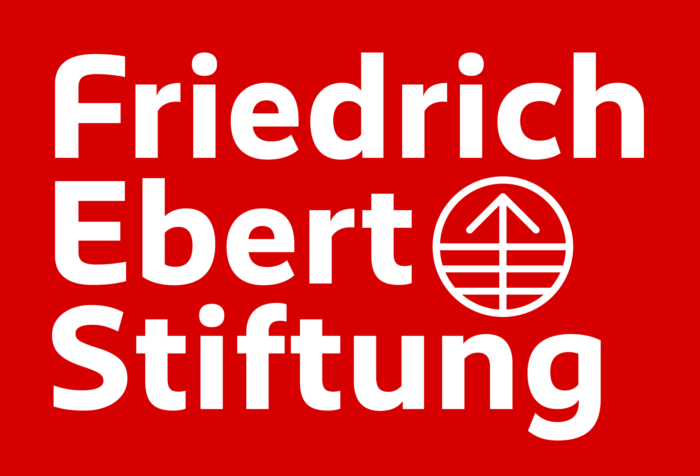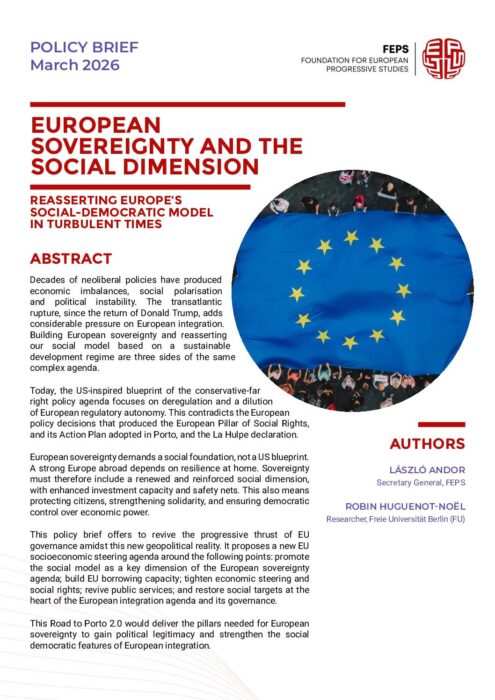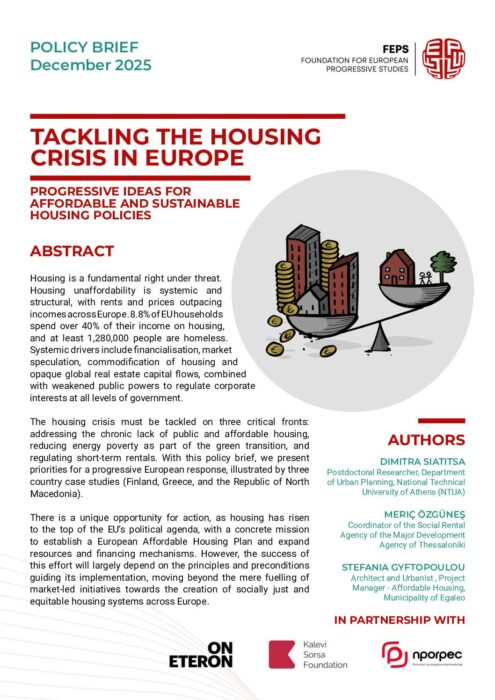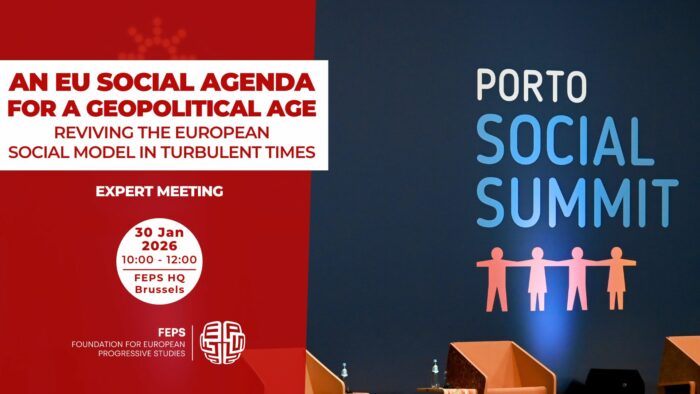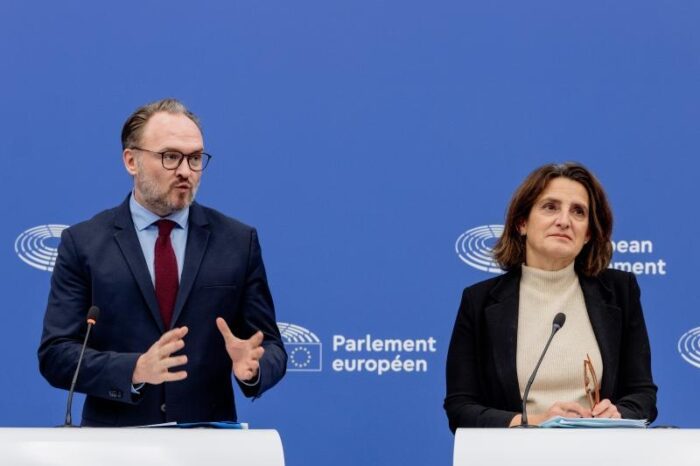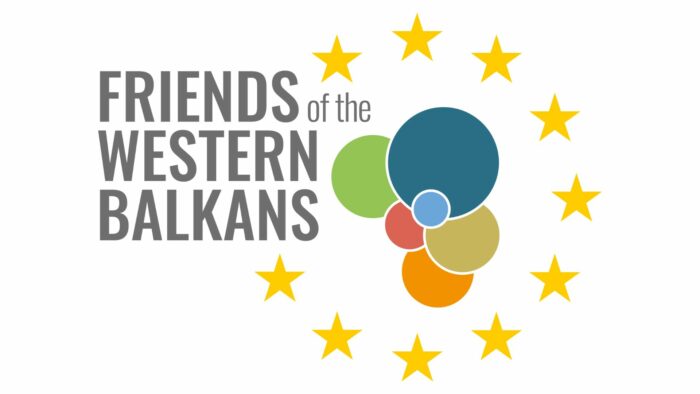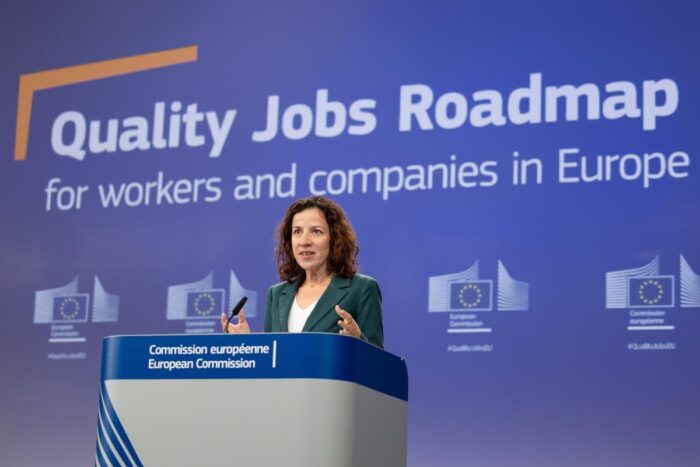Network
Find all related publications
Publications
Find all related events
Events
Past
03 - 04/02/2026
FEPS HQ
30/01/2026
FEPS HQ (Expert meeting)
29/01/2026
FEPS HQ
Load more...
Find all related Audiovisual
Audiovisual
26/02/2026
26/02/2026
29/01/2026
Find all related news
News
Find all related in the media
In the media
Liberal democracy’s social, societal fabric under threat – Live from the EPC Annual Conference 2025
by EPC 08/12/2025
‘Bruselas, ¿te Quiero?’ Tras un verano cruel, Von der Leyen pide a Europa que “luche”
by Euronews 16/09/2025
En Europe, les partis sociaux-démocrates se sont contentés d’une approche technocratique
by Le Point 04/07/2025

